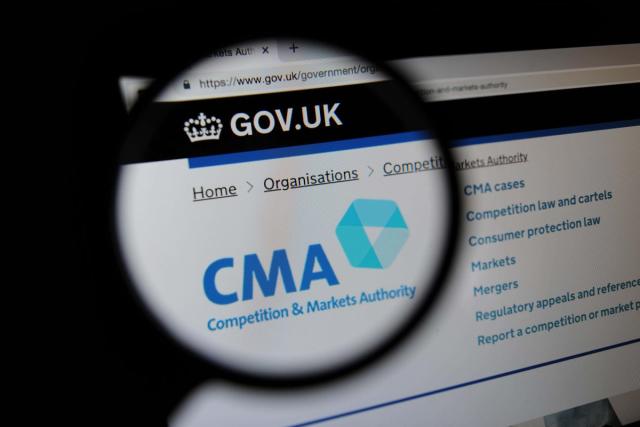How Spreadex’s Acquisition of Sporting Index Reshapes the UK Betting Market – A Detailed Examination.
In November of last year, Spreadex made waves in the financial and betting sectors by acquiring Sporting Index, a major player in online sports spread betting. This acquisition garnered attention due to its potential impact on market competition, especially within the UK.
Background of the Acquisition
Spreadex, an established entity in the sports spread betting market, solidified its position by acquiring Sporting Index, a move that further strengthened its foothold in the industry. However, concerns arose regarding the potential monopolistic effects of this consolidation.
Regulatory Scrutiny by the CMA
The Competition and Markets Authority (CMA), as the UK’s primary competition regulator, promptly initiated an investigation into the acquisition following concerns raised about its implications. The CMA’s objective is to uphold fair competition and protect consumer interests across various sectors, including gambling.
Phase 1 Investigation Findings
During the initial investigation phase, the CMA identified potential issues associated with the acquisition. Naomi Burgoyne, the Phase 1 decision maker at the CMA, expressed reservations about the deal’s impact on market competition. Maintaining a competitive environment is crucial to ensuring favorable odds for consumers, as emphasized by Burgoyne.
Move to Phase 2 Investigation
Despite concerns raised during Phase 1, Spreadex chose not to offer any undertakings to address the regulator’s apprehensions. Consequently, the investigation proceeded to Phase 2, signaling a deeper examination of the acquisition’s implications and potential consequences.
Implications of a Monopoly
The CMA’s scrutiny centers on the possibility of the acquisition leading to a monopoly in the UK sports spread betting market. With Spreadex and Sporting Index emerging as the sole licensed providers in the country, the elimination of competition could result in less competitive odds and limited choices for consumers.
Importance of Competition in the Market
Competition serves as a catalyst for innovation, fair pricing, and consumer choice in any market. The CMA’s intervention underscores the critical need to preserve competition within the sports spread betting industry to safeguard consumer interests and promote market efficiency.
Next Steps and Administrative Timetable
The CMA has committed to releasing the administrative timetable for the Phase 2 investigation in a timely manner. This timetable will outline the process and timeline for conducting a thorough examination of the acquisition and proposing potential remedies to address competition concerns.
Implications of the Spreadex-Sporting Index Merger
The Spreadex-Sporting Index merger has prompted regulatory scrutiny from the CMA, underscoring the importance of preserving competition in the sports spread betting market. As the investigation moves into Phase 2, stakeholders await further insights into the potential impact of the acquisition and the regulatory measures that may follow. In a rapidly evolving industry landscape, regulatory oversight plays a pivotal role in safeguarding consumer interests and ensuring market efficiency.
FAQs about Spreadex’s Acquisition of Sporting Index
1. What prompted Spreadex’s acquisition of Sporting Index?
Spreadex aimed to consolidate its position in the sports spread betting market and expand its market share through the acquisition of Sporting Index.
2. How did the CMA respond to concerns about the acquisition?
The CMA swiftly initiated an investigation to assess the acquisition’s potential impact on market competition and consumer welfare.
3. Why is competition crucial in the betting industry?
Competition fosters innovation, ensures fair pricing, and provides consumers with a diverse range of options, ultimately benefiting consumers.
4. What are the potential consequences of a monopoly in the sports spread betting market?
A monopoly could lead to less competitive odds, reduced consumer choice, and potentially negative implications for market efficiency.
5. What role does the CMA play in regulating acquisitions like this?
The CMA is responsible for ensuring fair competition and protecting consumer interests by scrutinizing mergers and acquisitions for potential anticompetitive effects.
6. What can consumers expect from the Phase 2 investigation?
The Phase 2 investigation will involve a thorough examination of the acquisition’s implications and may result in proposed remedies to address competition concerns.


















